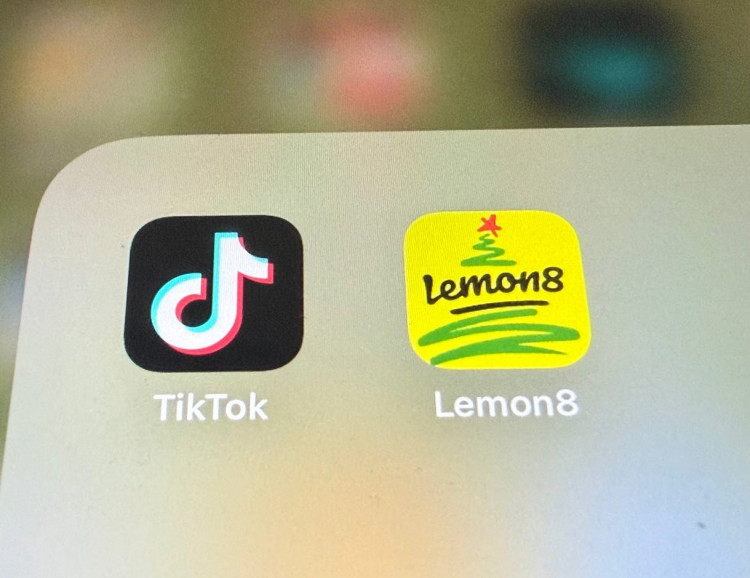Lemon8, a social media platform owned by ByteDance, has seen a surge in popularity as creators and users anticipate a potential ban on its sister app, TikTok, in the United States. The app, which combines the visual appeal of Instagram and Pinterest with TikTok's short-form video functionality, has climbed app store rankings, reflecting its growing appeal among users. However, Lemon8's fate remains closely tied to the ongoing legal and political battles surrounding ByteDance and its portfolio of apps.
ByteDance launched Lemon8 in Asia in 2020 and introduced it to the U.S. market in early 2023. While initially overshadowed by TikTok's massive success, Lemon8 has recently gained traction, with U.S. downloads peaking in December. Market intelligence firm Sensor Tower reported a 150% increase in global downloads for Lemon8 in the last month of 2024, with the U.S. accounting for 70% of those downloads. The uptick coincided with heightened attention on the Supreme Court's hearing on the constitutionality of a federal law requiring ByteDance to divest from TikTok or face a ban.
The legislation, signed into law last year, mandates ByteDance to sell TikTok and any related apps, including Lemon8, by January 19, 2025. Failure to comply would result in the apps being removed from app stores and blocked by internet service providers. ByteDance has not publicly commented on its strategy to address the looming ban.
Content creators have been pivotal in Lemon8's recent rise. Influencers, some of whom were previously paid to promote Lemon8 on TikTok, have increasingly recommended the platform as a potential refuge if TikTok is banned. Many of these posts, tagged with #lemon8partner, highlight Lemon8's seamless integration with TikTok, allowing users to share content across both platforms. ByteDance described this feature as a way to expand creators' "reach and engagement potential."
Despite the platform's growth, analysts caution that Lemon8 is not immune to the broader scrutiny facing ByteDance. Jasmine Enberg, an analyst at market research firm Emarketer, suggested that creators might not fully grasp Lemon8's vulnerability under the current legislation. "The law doesn't name Lemon8 explicitly, but its association with ByteDance puts it at risk," Enberg explained. Some experts speculate that ByteDance may be banking on lawmakers and regulators focusing solely on TikTok.
Political tensions surrounding ByteDance apps stem from bipartisan concerns about national security. U.S. lawmakers and Biden administration officials have cited fears that the Chinese government could exploit ByteDance's access to U.S. user data or manipulate algorithms to influence public opinion. ByteDance has repeatedly denied these allegations, emphasizing its independence from the Chinese government.
President-elect Donald Trump has proposed delaying the TikTok ban until his administration takes office on January 20, expressing a desire to pursue a "political resolution" to the issue. Trump's request for a pause, submitted to the Supreme Court in late December, highlights the uncertainty surrounding the ban's enforcement.
Lemon8, marketed as a "lifestyle community," allows users to browse and post content in categories such as wellness, skincare, and relationships. The app features a dual-feed system, similar to TikTok, with sections for following specific creators and discovering recommended posts. While Lemon8 has attracted over one million daily active users, according to SimilarWeb, its scale remains modest compared to TikTok's 170 million U.S. users.
CapCut, another ByteDance-owned app, also faces potential bans. The video-editing platform, which boasts over one billion downloads globally, is a key tool for creators on both TikTok and Lemon8. Its inclusion in the legislation underscores the sweeping nature of the measures targeting ByteDance.






